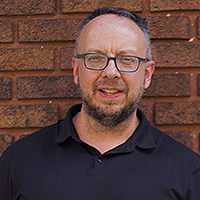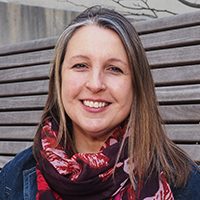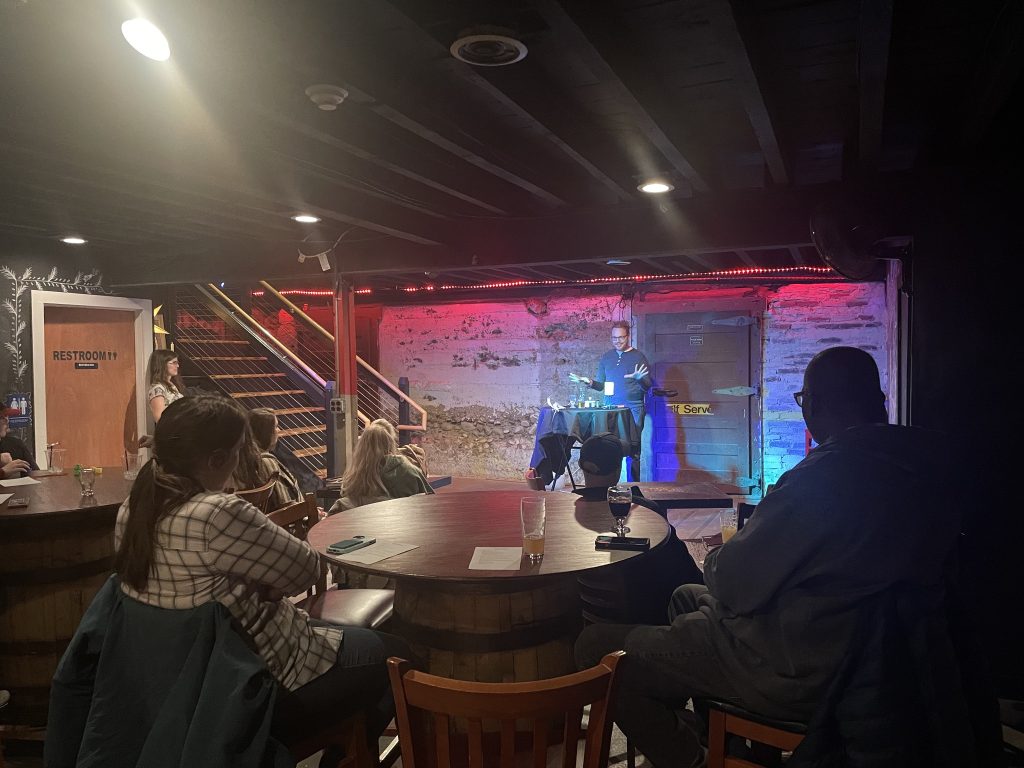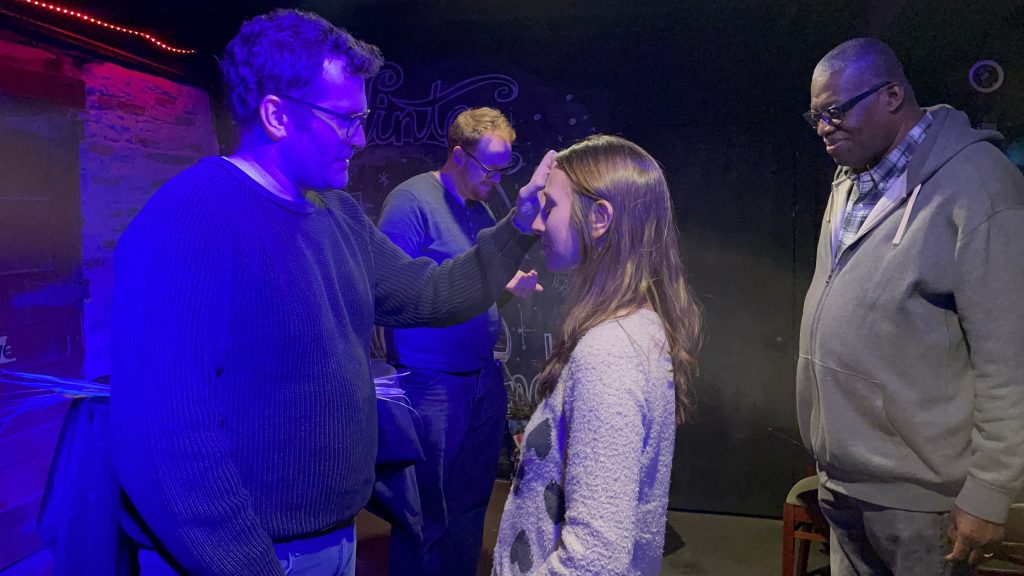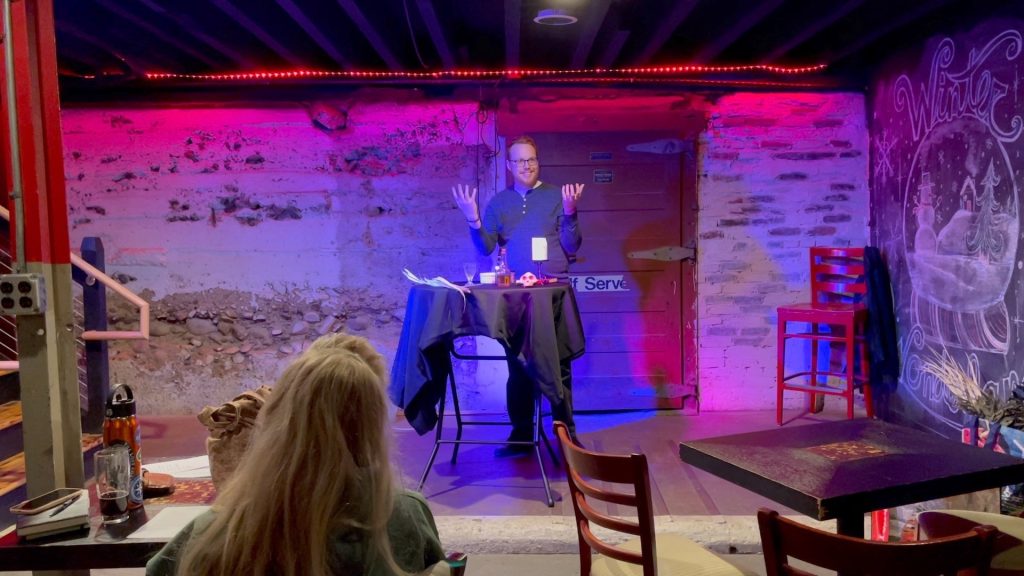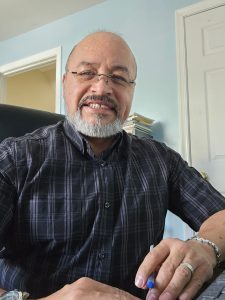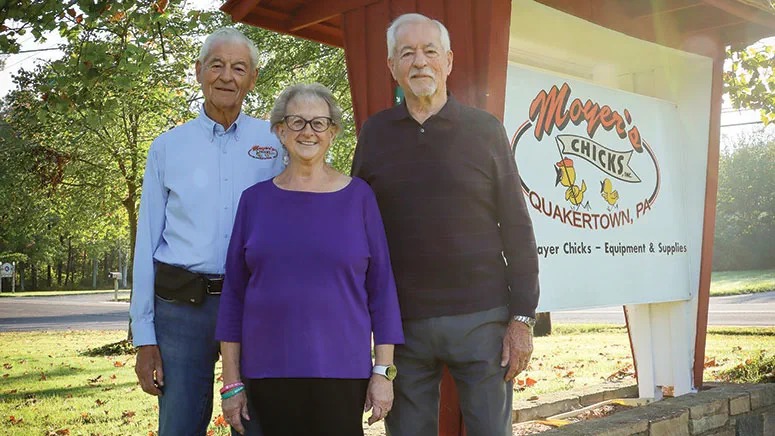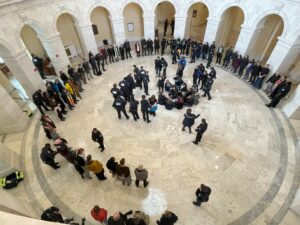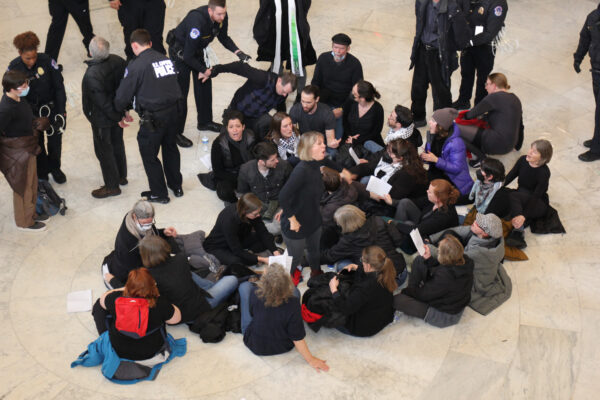by Jennifer Svetlik
“Pastors are a gift to the church. Our role as a broader church community is to steward those gifts,” reflects Franco Salvatori, Stewardship Consultant at Everence. “For us at Everence, that means helping pastors find a healthy work-life balance and financial freedom in the context of their calling in God’s kingdom.”
On March 3-4, 2024, 80 people, including more than 40 credentialed leaders, their spouses, and other Mosaic leaders from California, Florida, and Pennsylvania participated in a “Mosaic Leadership Day Away” in scenic Lambertville, NJ along the Delaware River.
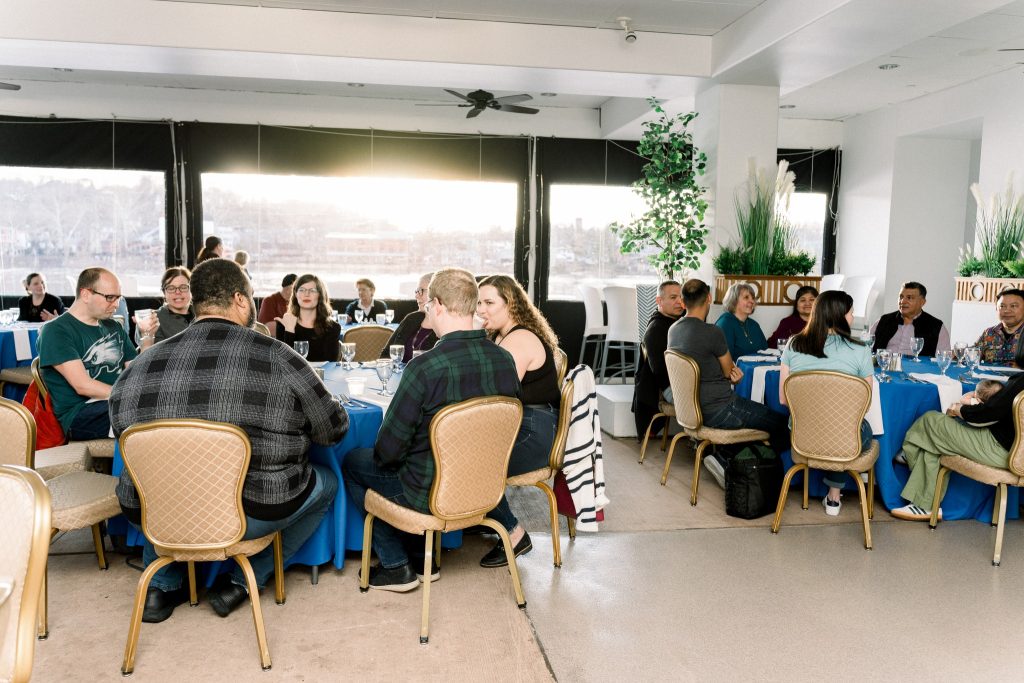
The Day Away was aimed at supporting pastors and their spouses in prioritizing holistic wellness, and was sponsored by Everence’s Pastoral Financial Wellness Program, funded, in part, by the Lilly Endowment Inc.
The time of fellowship and retreat opened with a dinner and multi-instrumental, inspiring entertainment by Makinto (LA [CA] Faith Chapel) and Friends. Participants were drawn into the story as they laughed, reflected, and danced with gusto.
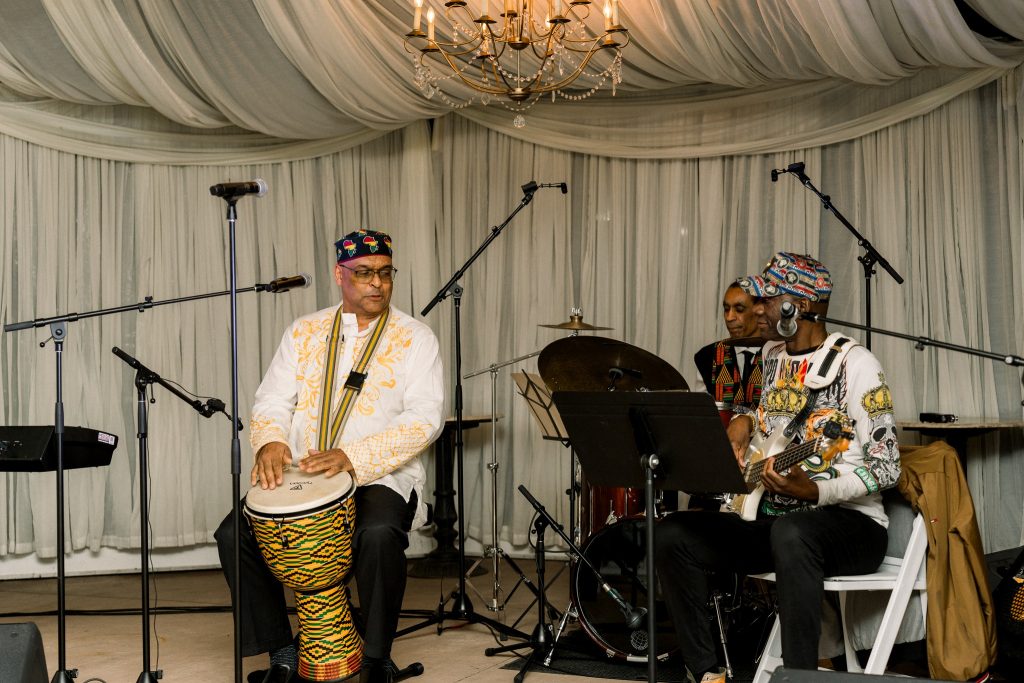
The following day offered times of energetic, multilingual worship led by Dr. Rashard Allen (Neffsville [Lancaster, PA]), Laura Leatherman Alderfer (Salford [Harleysville, PA] and Methacton [Norristown, PA]), and Cindy Angela, Director of Communication (Philadelphia [PA] Praise Center). A prayer team from Zion (Souderton, PA) was onsite to pray for leaders, their families, and their ministries, and a time of anointing was offered.

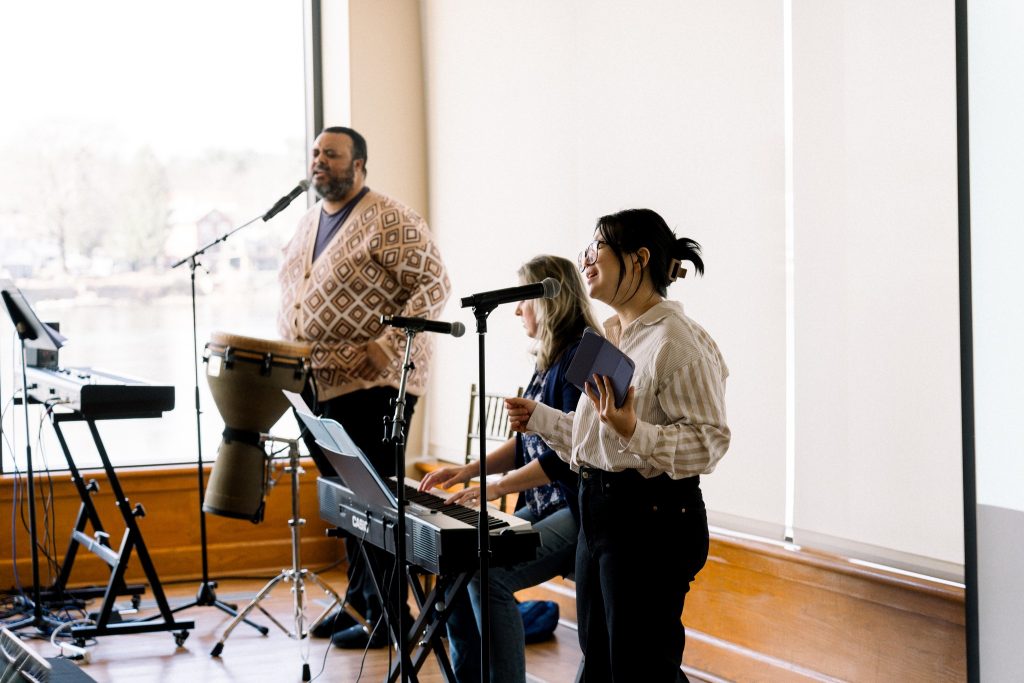
Associate Executive Minister Marta Castillo and Leadership Minster for Missional Transformation Noel Santiago led sessions focused on Sabbath Rest. The sessions included small and large group reflection on sabbath practices in times of unrest and stress, Jesus as Lord of the Sabbath, and how the Spirit moves us to receive the gift of rest.
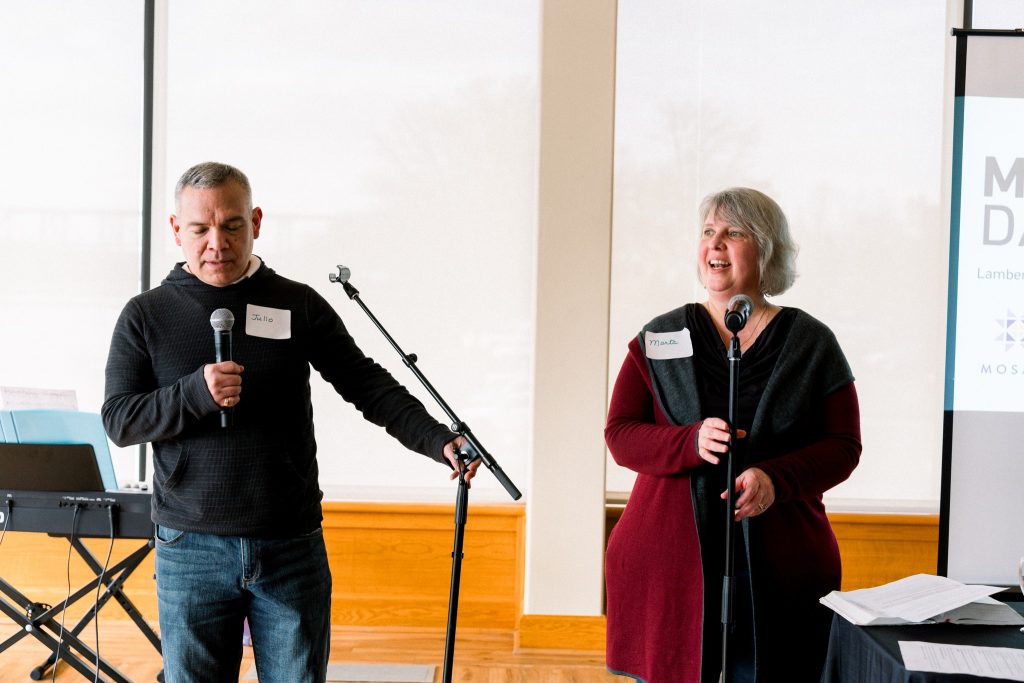

Rest was also part of the Day Away, with massage sessions available, and an extended break that allowed participants to walk and explore the town.
“Being a new pastor, I was glad to meet other pastors within Mosaic and share what we have in common as the Body of Christ,” shared Joe Brooks, pastor of College Hill Mennonite (Tampa, FL). “I received a very warm welcome, and I really enjoyed the music! I am grateful to further my leadership training and to think about how our church life and financial lives are connected.”
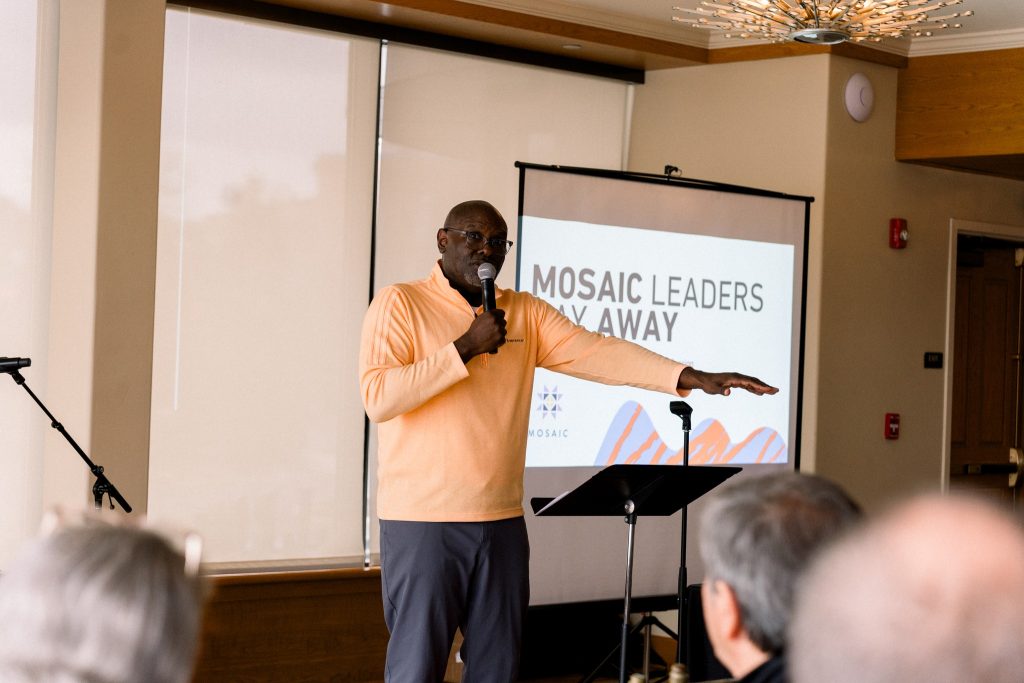
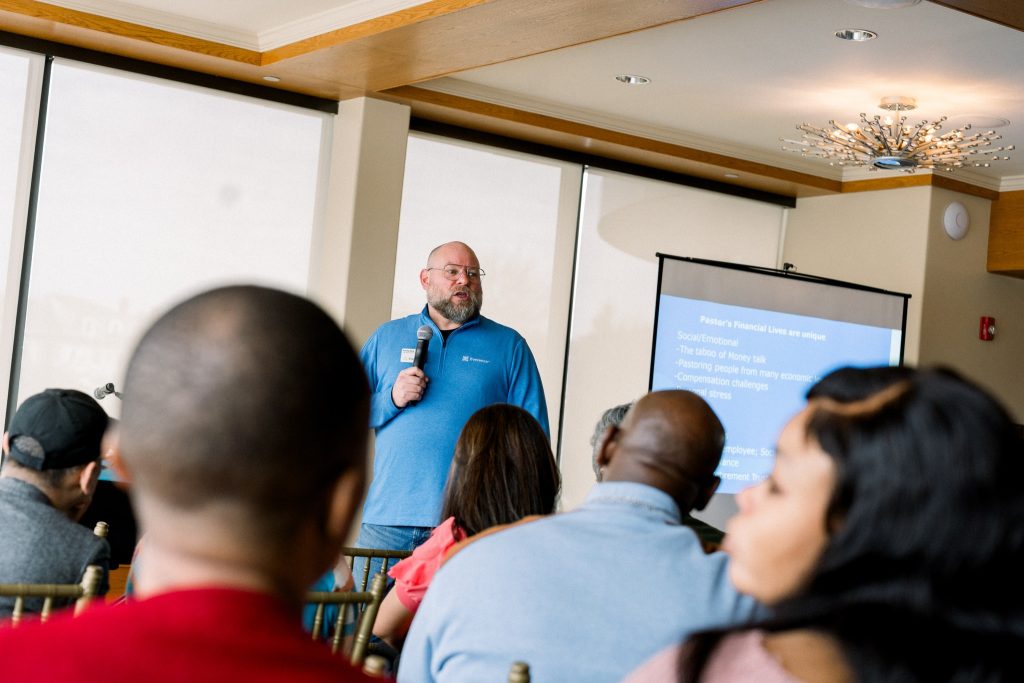
Two sessions were offered on financial and holistic wellness, and one-on-one sessions with Everence Financial Advisors were also made available to participants.
“Pastors face unique challenges when it comes to financial wellness, in their own lives, and the dynamics of their conversations,” shared Everence Managing Director Randy Nyce during a presentation on Developing Financial Wellness. “Pastors are not trained as nonprofit leaders, yet they often find themselves needing to function that way, knowing how to read balance sheets and raise funds.”
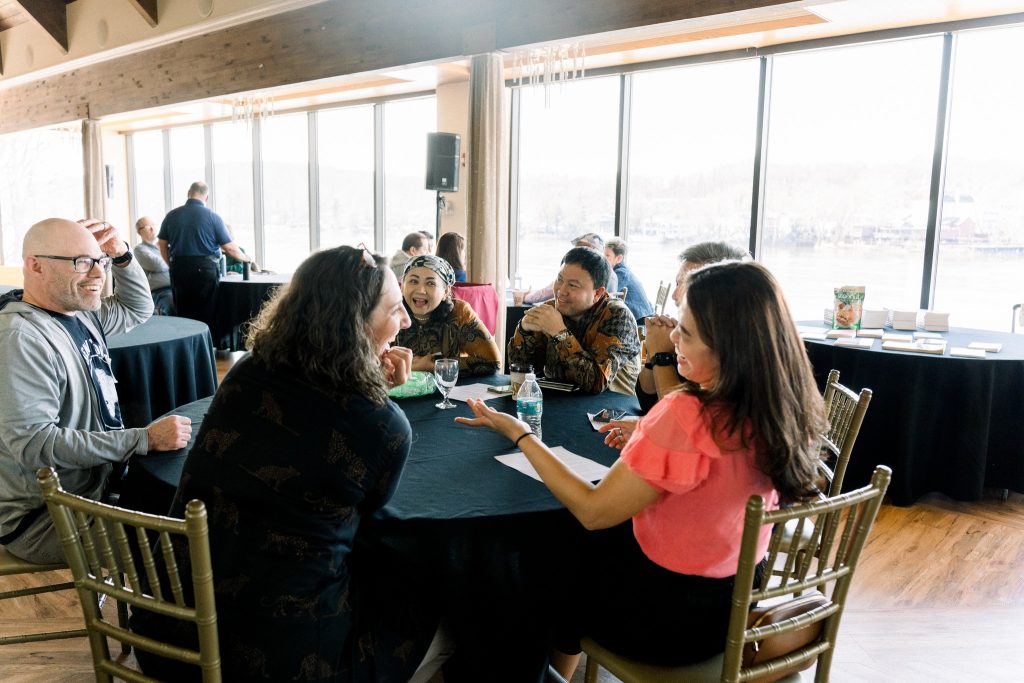
“I found the financial sessions most interesting,” shared Dania Maritza Hernández, pastor of Peña de Horeb (Philadelphia, PA). “It is very important for pastors to understand how to do business; it allows us to have a stronger vision for our congregations’ future and the work God has called us to.”
The final session was led by Leonard Dow, Everence Vice President of Community and Church Development, on Developing Holistic Wellness. Drawing from Zec 4:10, Dow invited leaders to pay attention to the “small beginnings” that God is birthing in our communities, that will bring God honor.
As pastors and leaders left to return to their congregations and ministries, they felt refreshed, more connected to others in ministry, and more resourced for their work.

Jennifer Svetlik
Jennifer is Communication Associate/Editor for Mosaic. She grew up near Houston, TX and spent a decade living in intentional community in Washington DC, before moving to Lansdale, PA with her spouse, Sheldon Good. She is a graduate of the University of Texas and Washington Theological Seminary. She serves as Children’s Faith Formation Director at Salford Mennonite (Harleysville, PA). Jenn has two elementary-school-aged children and loves biking, camping, gardening, and vermicomposting with her family.

